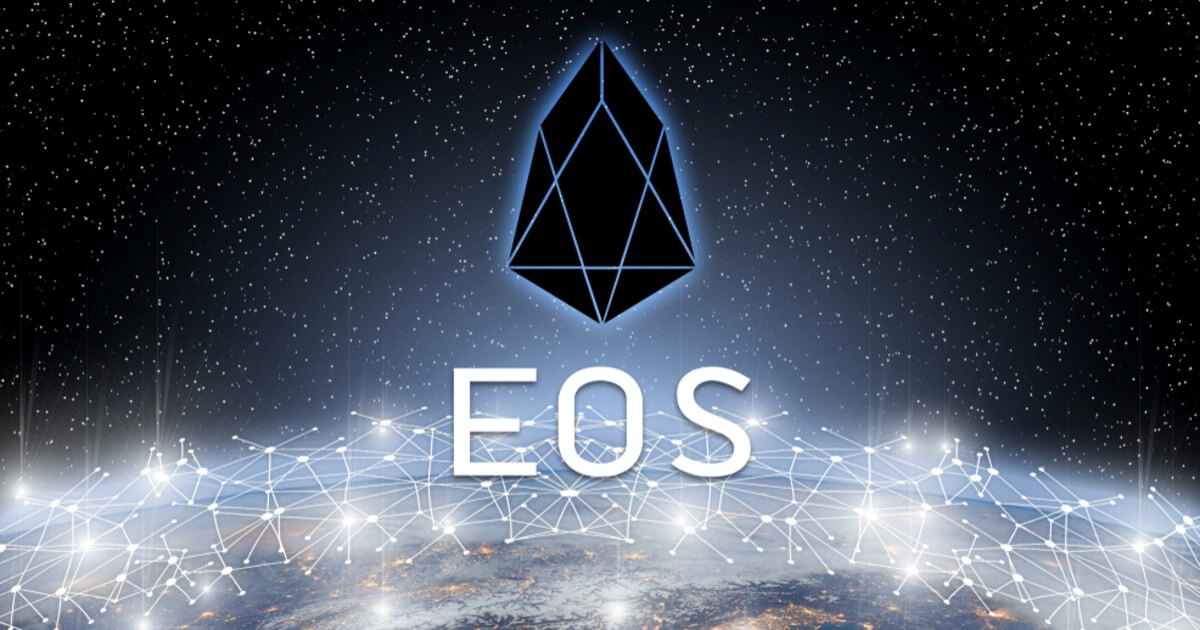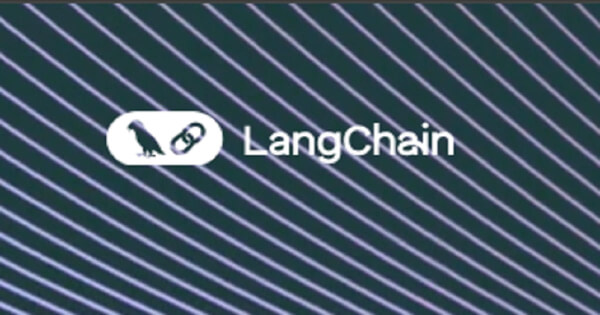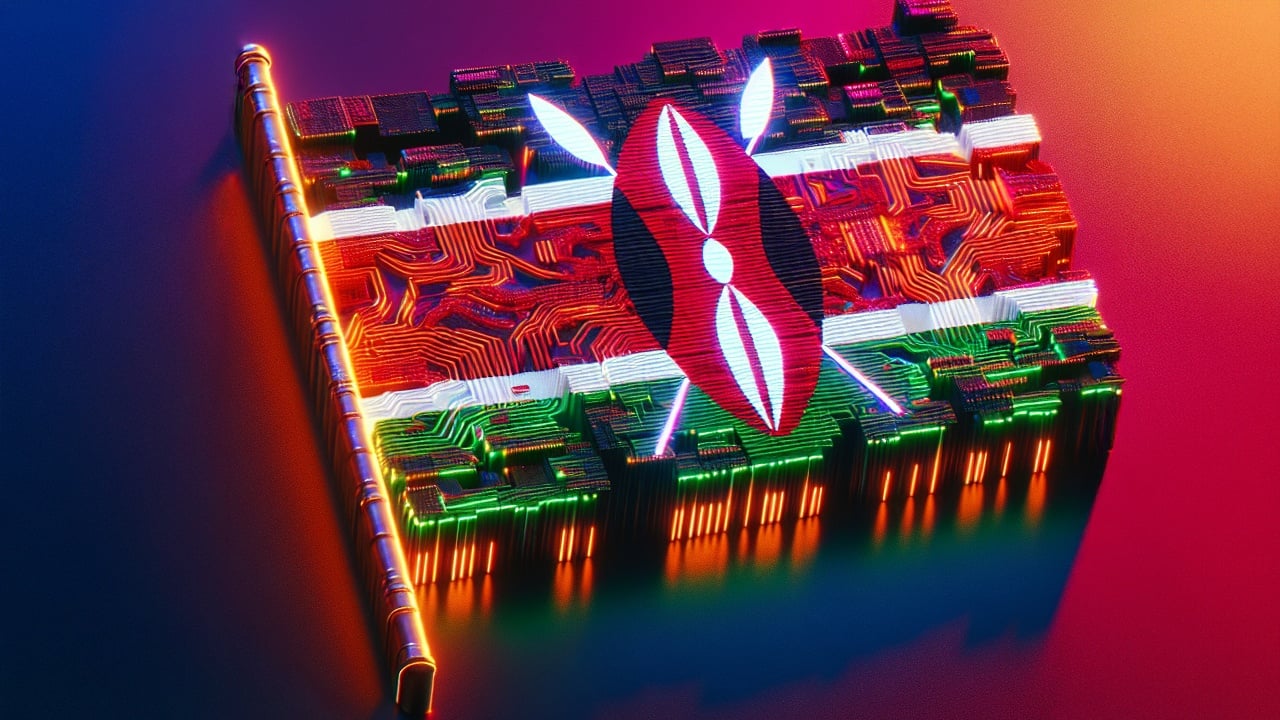Joerg Hiller
Sep 26, 2024 08:27
The EOS Network completes its historic hard fork to Spring 1.0, implementing the Savanna consensus algorithm to achieve 1-second transaction finality.
The EOS Network has achieved a significant milestone with the successful activation of its Spring 1.0 upgrade, incorporating the innovative Savanna consensus algorithm. This upgrade, effective from September 25, 2024, positions EOS at the forefront of blockchain technology by reducing transaction finality to just one second, a dramatic improvement over previous versions.
Introduction of the Savanna Consensus Algorithm
The Savanna consensus algorithm represents a breakthrough in blockchain technology. By achieving transaction finality in a single second, EOS has set a new standard for speed, security, and scalability. Bart Wyatt, CTO of the EOS Network Foundation, highlighted the significance of this upgrade, noting that few Layer 1 blockchains have undertaken such a fundamental change in their consensus algorithms, with Ethereum being a notable exception.
Yves La Rose, CEO of the EOS Network Foundation, emphasized the collaborative effort that led to this achievement. He stated, “Spring 1.0 is a landmark moment for the blockchain industry, with the Savanna consensus algorithm introducing Instant Finality in just 2 blocks, or 1 second. This breakthrough delivers unparalleled transaction speed, reliability, and security, thanks to cutting-edge BLS cryptographic advancements.”
A Collaborative Effort
The transition to Spring 1.0 was the result of extensive collaboration and preparation. EOS block producers executed a coordinated hard fork, marking the fourth such upgrade in the network’s history. This non-contentious consensus upgrade involved pre-approved multisignature proposals (msigs) and the registration of finalizer keys essential to the Savanna algorithm.
Brian Hazzard, Lead Product Manager for EOS Core Protocol and Node Software, remarked, “By reaching finality in 1-second, EOS sets a new benchmark in blockchain performance, inviting developers with demanding DeFi use cases to build on the speed and reliability that only EOS can provide.”
Technical Achievements and Future Potential
The Savanna consensus algorithm is not just a performance enhancement but a transformative shift for EOS. It incorporates aggregate BLS signatures and other advanced cryptographic techniques, enhancing scalability and security. Eric Passmore, Director of Engineering at the EOS Network Foundation, noted, “Spring 1.0 and the move to Savanna is a similar turning point. This release demonstrates and proves a block-based consensus model can operate at one second finality.”
The introduction of Spring 1.0 also opens the door to future innovations, such as Zero-Knowledge (ZK) proofs and confidential transactions, further enhancing the privacy and security of the EOS network.
Business Source License (BSL) Adoption
With the Spring 1.0 upgrade, EOS has transitioned to the Business Source License (BSL). This licensing model allows the source code to remain available while protecting the unique technology for four years before transitioning to a permissive MIT license. This balanced approach ensures that non-commercial and community-driven initiatives continue to thrive while commercial entities contribute back to the ecosystem.
For more details, visit the official source.
Looking Ahead
With the successful activation of Spring 1.0, EOS has reaffirmed its commitment to innovation and community-driven growth. This milestone sets the stage for future advancements and positions EOS as a leader in blockchain technology.
Stay tuned for more updates as EOS continues to push the boundaries of blockchain technology.
Image source: Shutterstock
Credit: Source link

















